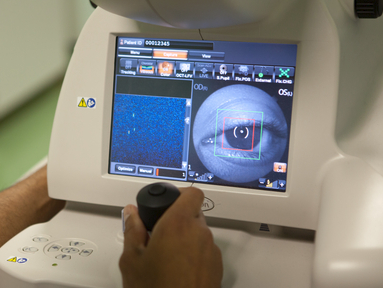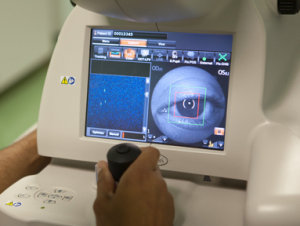
DeepMind’s AI unit more accurate than doctors for spotting eye diseases

Google’s artificial intelligence business “DeepMind” is planning clinical trials of technology that can help diagnose eye disease more accurately than human doctors.
In February 2018, DeepMind had developed AI technology that could analyse 3D retinal scans for signs of serious glaucoma or diabetic retinopathy after striking a partnership with Moorfields Eye Hospital in London.
Initial findings published in the Nature Medicine journal showed that DeepMind’s algorithm was better than eight retinal specialists at Moorfields in making referrals when tested on 997 patient scans.
DeepMind’s algorithm had an error rate of 5.5 per cent, compared with between 6.7 per cent and 24.1 per cent for the doctors, and AI can also analyse the scan immediately, whereas patients would have to wait days for a specialist to review the images according to Pearse Keane, a consultant ophthalmologist at Moorfields who co-wrote the paper.
DeepMind’s algorithm was trained using 14, 884 anonymised 3D retinal scans provided by Moorfields and labelled for signs of disease by doctors.
The Ai was really developed with two neural networks – a type of machine learning that can spot patterns and make predictions from large volumes of data.
